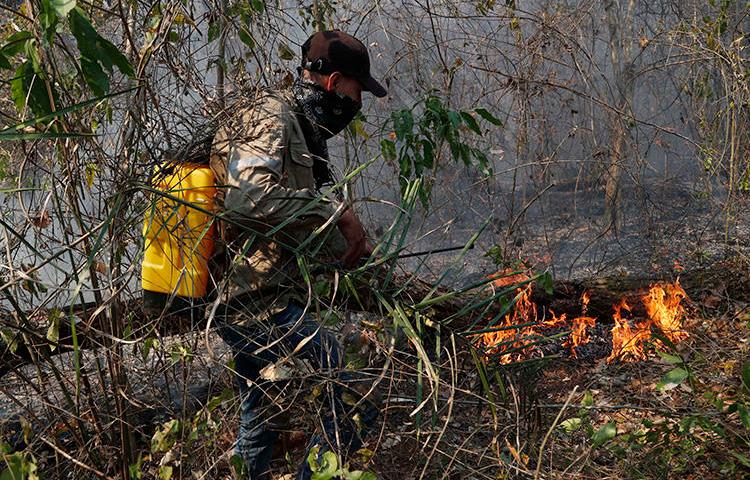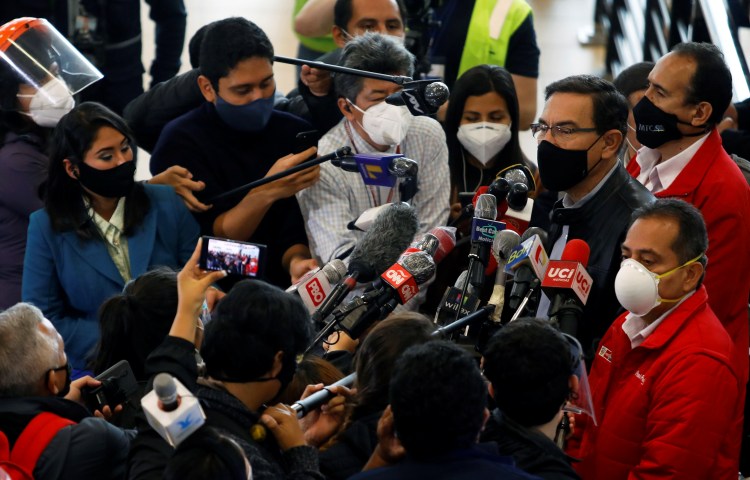
In five Latin American countries, COVID-19 responses restrict press freedom, CPJ, TrustLaw find
In Bolivia, Brazil, El Salvador, and Peru, emergency measures in response to COVID-19 restricted the media’s capacity to report freely and the public’s ability to access information, including critical information about public health interventions and the pandemic itself, a report by the Committee to Protect Journalists and Thomson Reuters Foundation’s TrustLaw program found. The report,…
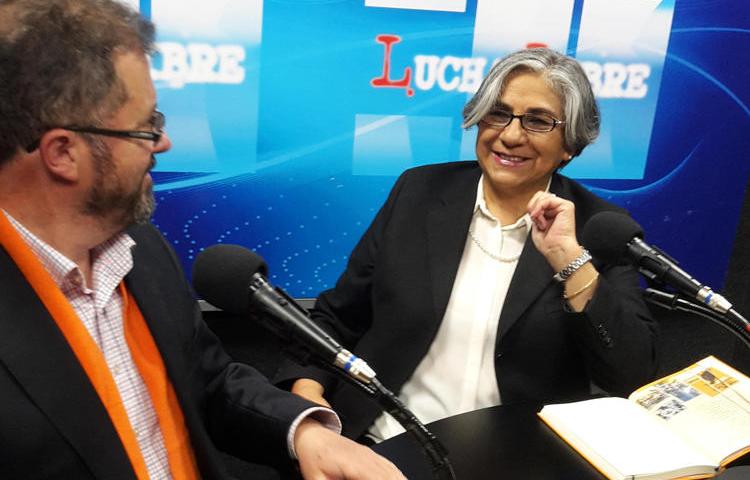
Forced out of jobs and sidelined, Bolivia’s independent journalists see their audience slipping away
Amalia Pando was once a ubiquitous presence on Bolivian radio and TV, hosting some of the country’s most popular news and political commentary programs. At age 66, she’s still at it, but her audience is a sliver of what it once was.
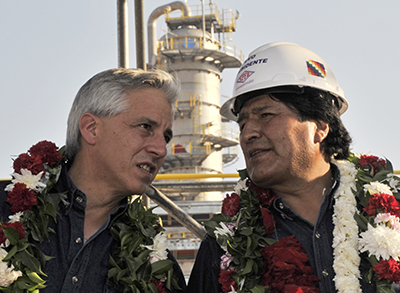
How Bolivia’s vice president used media to control his image–and that of the government
Álvaro García Linera’s savvy use of the media helped him make the leap from Marxist guerrilla to vice president of Bolivia. But critics contend that as the country’s second-highest elected official, García Linera is now using his substantial power to manipulate and control the Bolivian news media.
Bolivia’s president and state-run TV skip presidential election debate
President Evo Morales wasn’t the only no show at Bolivia’s lone presidential debate in the run-up to this Sunday’s election. State-run Bolivia TV, which has provided live coverage of every presidential debate since the late 1980s, also ignored the September 28 candidate forum.
Journalist investigates Bolivia’s ‘silent campaign’ for editorial control
At a bizarre news conference in April, Bolivia’s Communications Minister Amanda Dávila claimed that journalist Raúl Peñaranda, who was born in Chile, represented a dangerous “beachhead” for Chilean interests trying to deny landlocked Bolivia access to the Pacific.
Bolivian government gangs up on Página Siete
Bolivia’s loss of territory along the Pacific coast during a 19th-century war with Chile remains an extremely sensitive issue in the landlocked nation. Every March 23, patriotic “Day of the Sea” ceremonies mark the calamity, which Bolivia hopes to reverse through a lawsuit filed this year against Chile at the International Court of Justice.
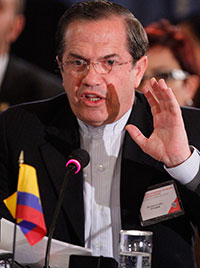
At OAS, a victory for human rights and free expression
By reaffirming the autonomy and independence of the regional human rights system and rejecting attempts to neutralize the work of the Inter-American Commission on Human Rights (IACHR) and its special rapporteur for freedom of expression, the Organization of American States (OAS) chose last week to discard proposals that would have made citizens throughout the hemisphere…
Free expression in Americas goes beyond left or right
On Sunday the general assembly of the Organization of American States will convene in Bolivia in the verdant, highland valley city of Cochabamba. The 35 member states (every nation in the region except Cuba) are expected to vote on a measure that, if passed, could curtail free expression and press throughout the hemisphere and put…
